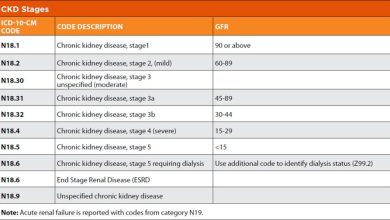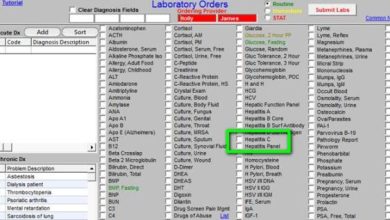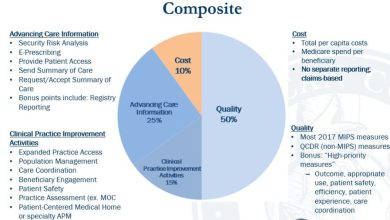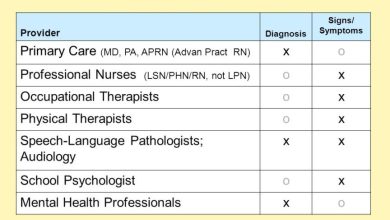Understanding The ICD-10 Coding For PSA Screening
What is PSA ICD-10?
PSA ICD-10 refers to the diagnostic code used in the International Classification of Diseases, 10th Revision to classify prostate-specific antigen (PSA) screening tests. PSA is a protein produced by the prostate gland, and elevated levels of PSA in the blood may indicate the presence of prostate cancer.
Code Information
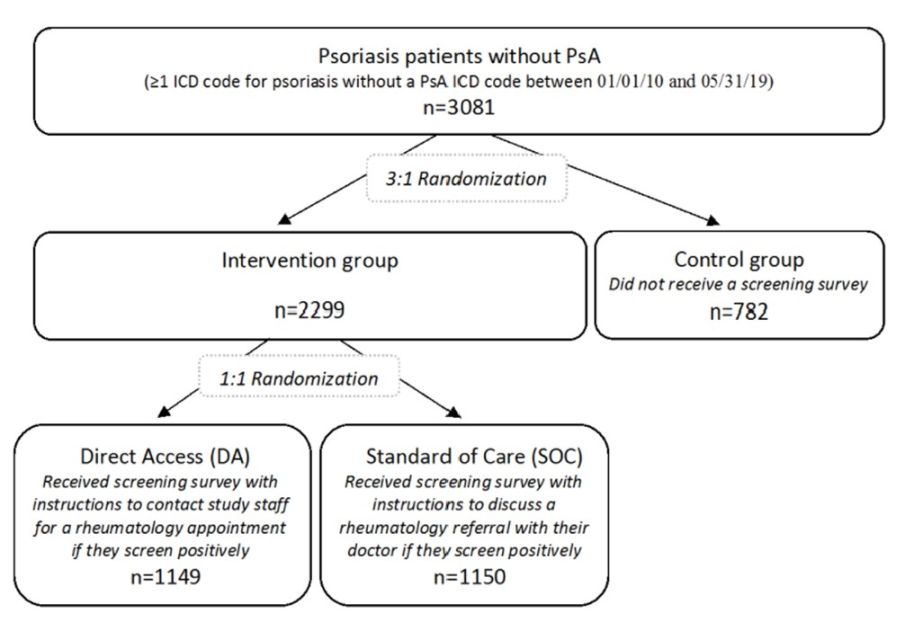
The specific ICD-10 code for PSA screening is Z12.5, which falls under the category of encounter for screening for malignant neoplasm. This code is used when a patient undergoes a routine PSA test to check for prostate cancer, even if they do not have any symptoms or signs of the disease.
Diagnostic Related Groups (MS-DRG)
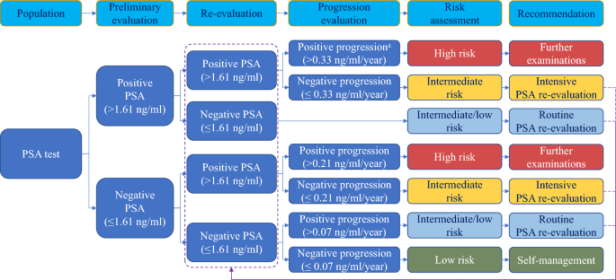
PSA screening does not fall under a specific MS-DRG category, as it is considered a preventive service rather than a diagnostic procedure. However, if the screening leads to a diagnosis of prostate cancer, the patient may be assigned to an MS-DRG related to prostate cancer treatment.
Convert to ICD-9 Code
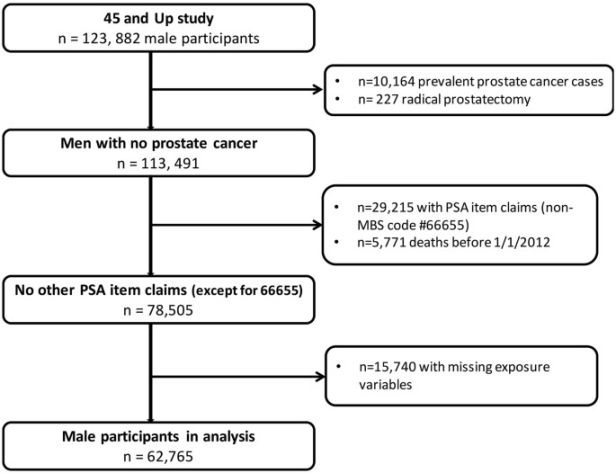
In the previous version of the ICD coding system (ICD-9), the equivalent code for PSA screening is V76.44. This code was used to indicate routine screening for malignant neoplasms, including prostate cancer.
Code History
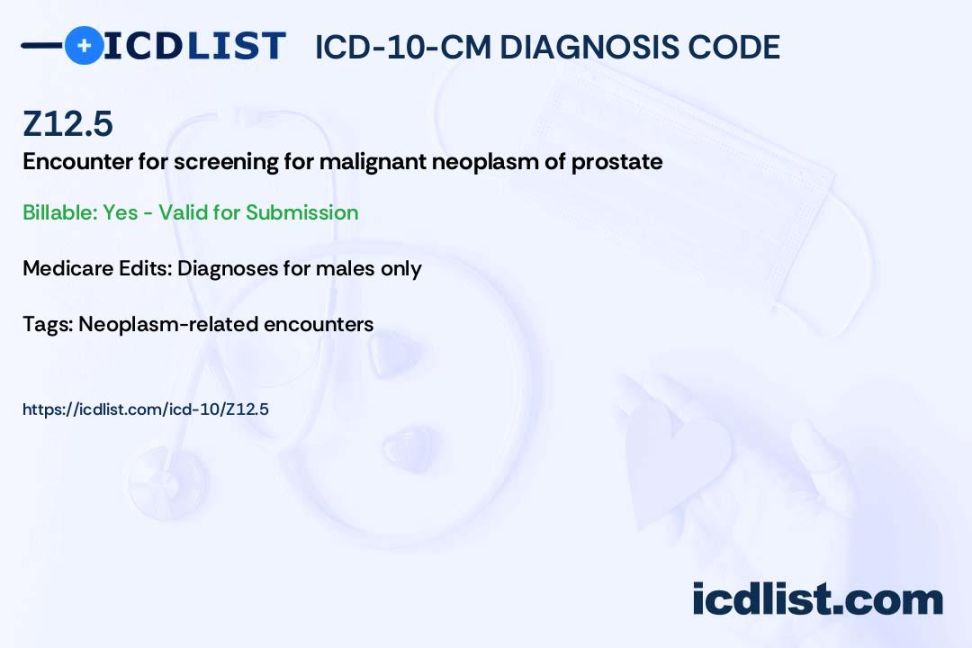
The inclusion of a specific code for PSA screening in the ICD-10 system reflects the importance of early detection and prevention of prostate cancer. Regular screening with PSA tests can help identify the disease in its early stages when treatment is most effective.
Approximate Synonyms
Other terms used to refer to PSA screening in medical literature include prostate-specific antigen testing, PSA blood test, and prostate cancer screening. These synonyms all describe the same procedure of measuring PSA levels in the blood to assess prostate health.
Clinical Information
PSA screening is recommended for men aged 50 and older, or earlier for those at higher risk of prostate cancer. The test involves a simple blood draw, and elevated PSA levels may prompt further evaluation, such as a prostate biopsy, to confirm or rule out cancer.
Causes
Elevated PSA levels can be caused by various factors, not just prostate cancer. Benign prostatic hyperplasia (enlarged prostate), prostatitis (inflammation of the prostate), and even recent sexual activity can temporarily raise PSA levels. However, persistent elevation may warrant further investigation.
Symptoms
Prostate cancer in its early stages may not cause any symptoms, which is why routine PSA screening is crucial for early detection. As the disease progresses, symptoms such as frequent urination, blood in the urine, and pelvic pain may occur.
Diagnosis
In addition to PSA testing, prostate cancer diagnosis may involve a digital rectal exam (DRE) to feel for abnormalities in the prostate gland. If cancer is suspected, a prostate biopsy may be performed to confirm the diagnosis and determine the stage of the disease.
Treatment
Treatment options for prostate cancer vary depending on the stage and aggressiveness of the disease. Options may include active surveillance (regular monitoring), surgery, radiation therapy, hormone therapy, and chemotherapy. The goal of treatment is to cure the cancer or manage symptoms effectively.
Conclusion
PSA screening using the ICD-10 code Z12.5 is a valuable tool in the early detection and prevention of prostate cancer. Regular testing can help identify the disease in its early stages when treatment is most effective. It is important for men to discuss the benefits and risks of PSA screening with their healthcare providers to make informed decisions about their prostate health.
FAQs
1. Is PSA screening recommended for all men?
2. Can a high PSA level definitively diagnose prostate cancer?
3. Are there any risks or side effects associated with PSA testing?
4. How often should men undergo PSA screening?
5. What should I do if my PSA levels are elevated?




